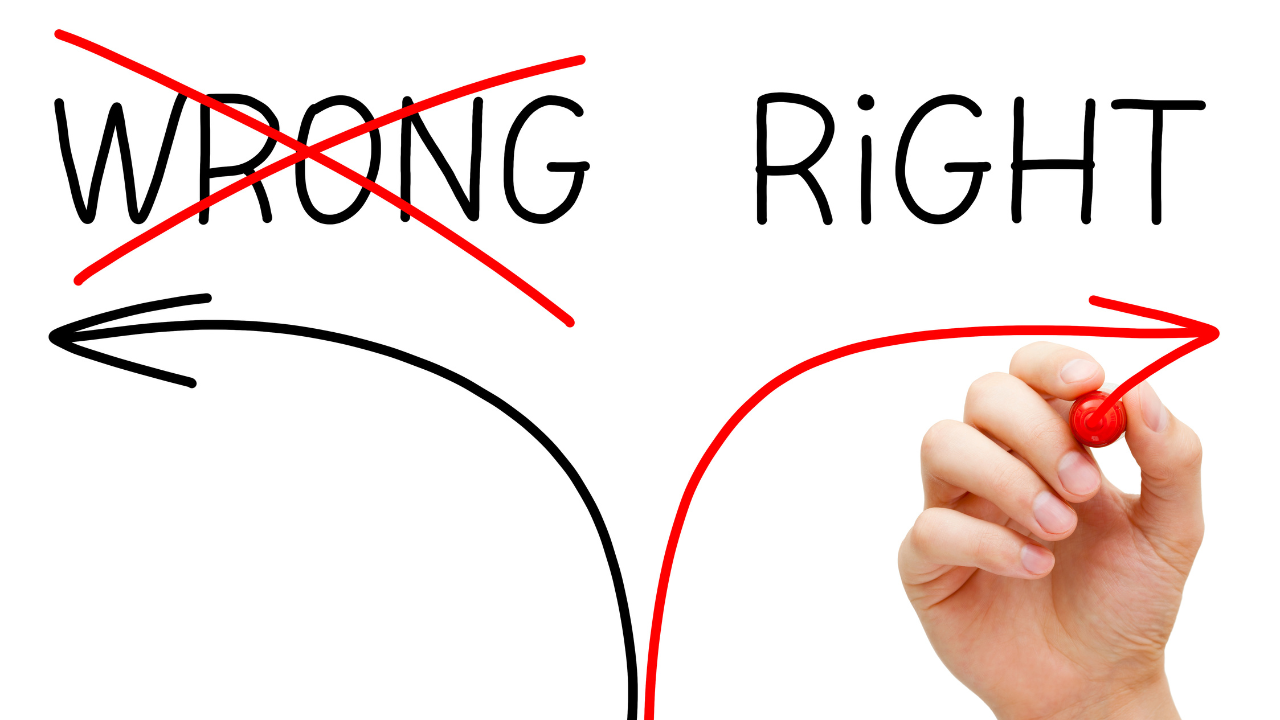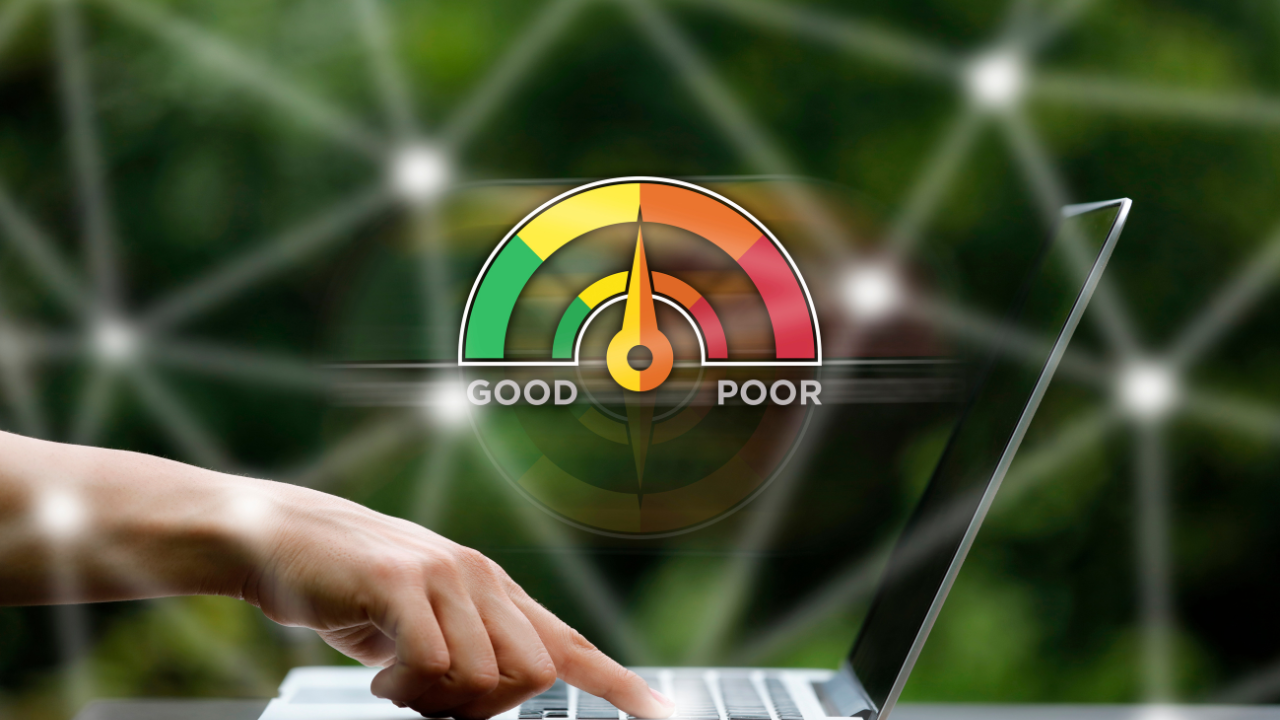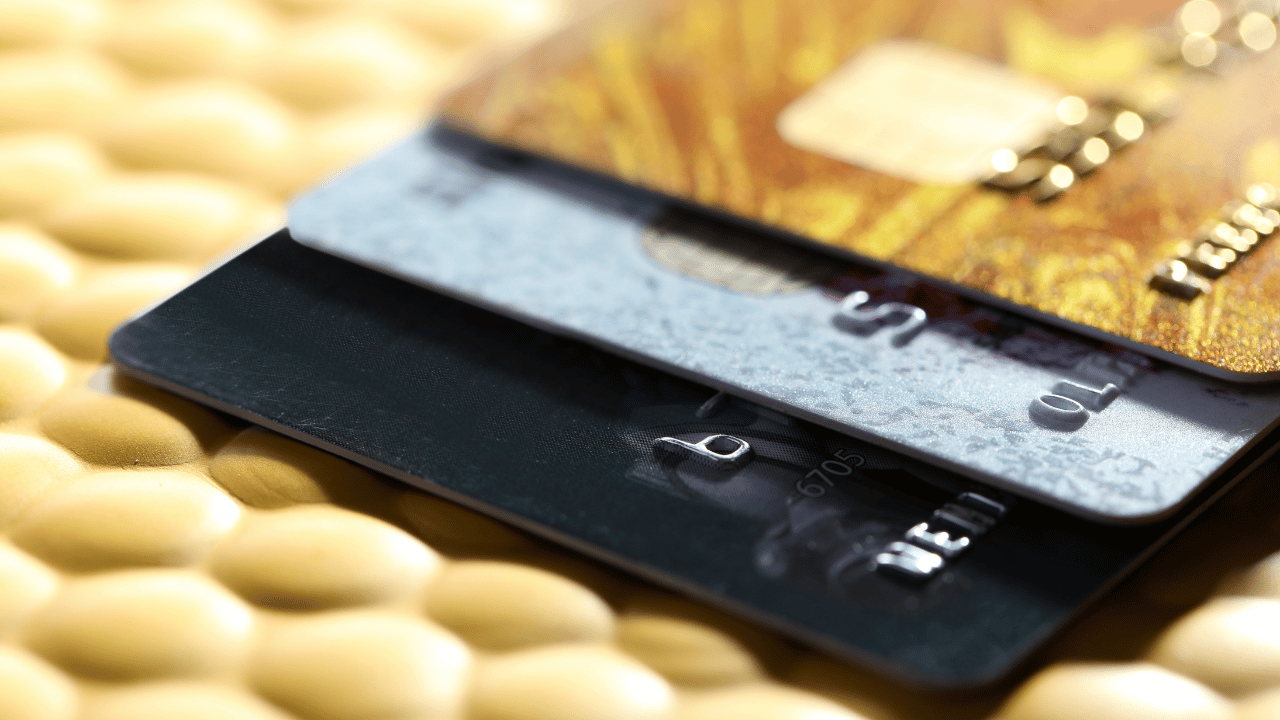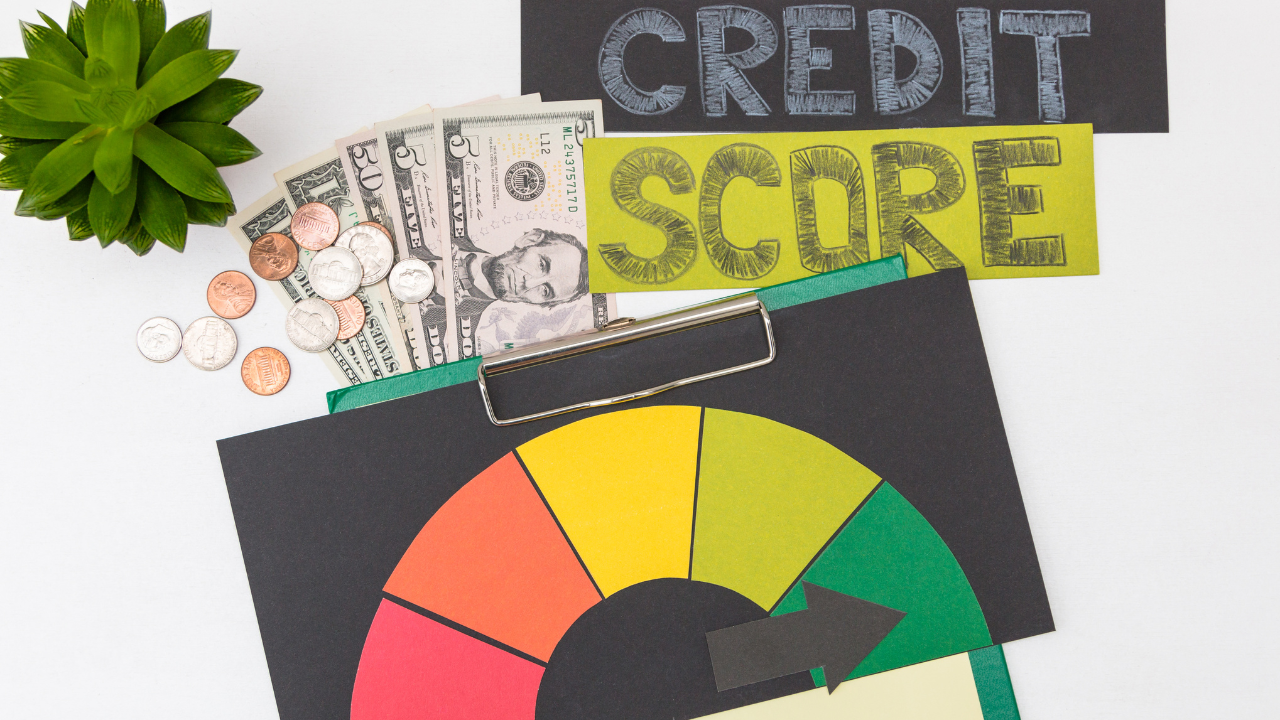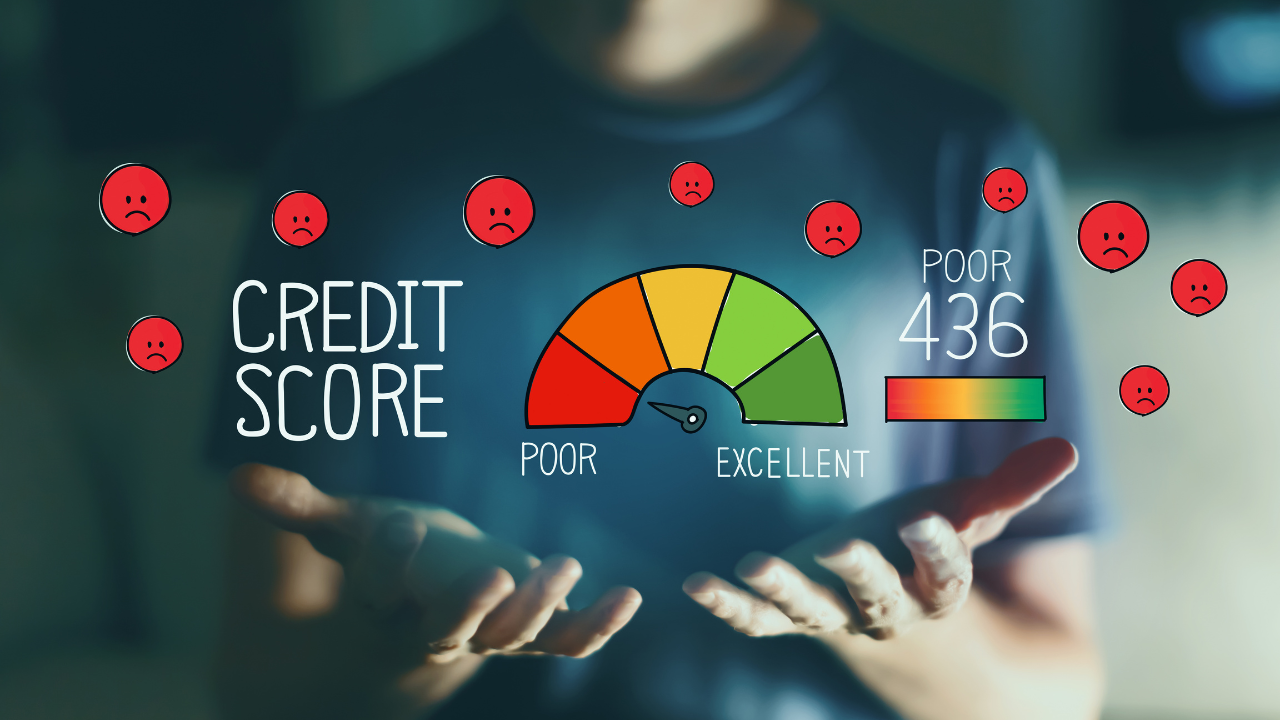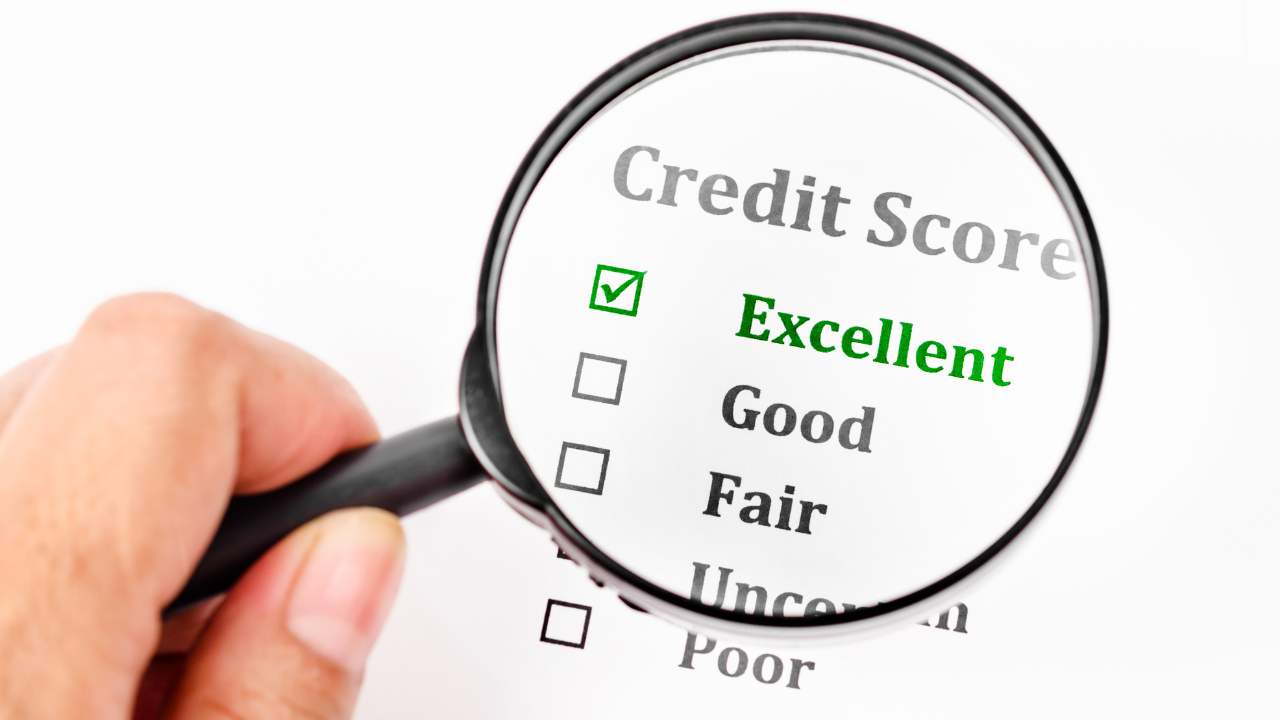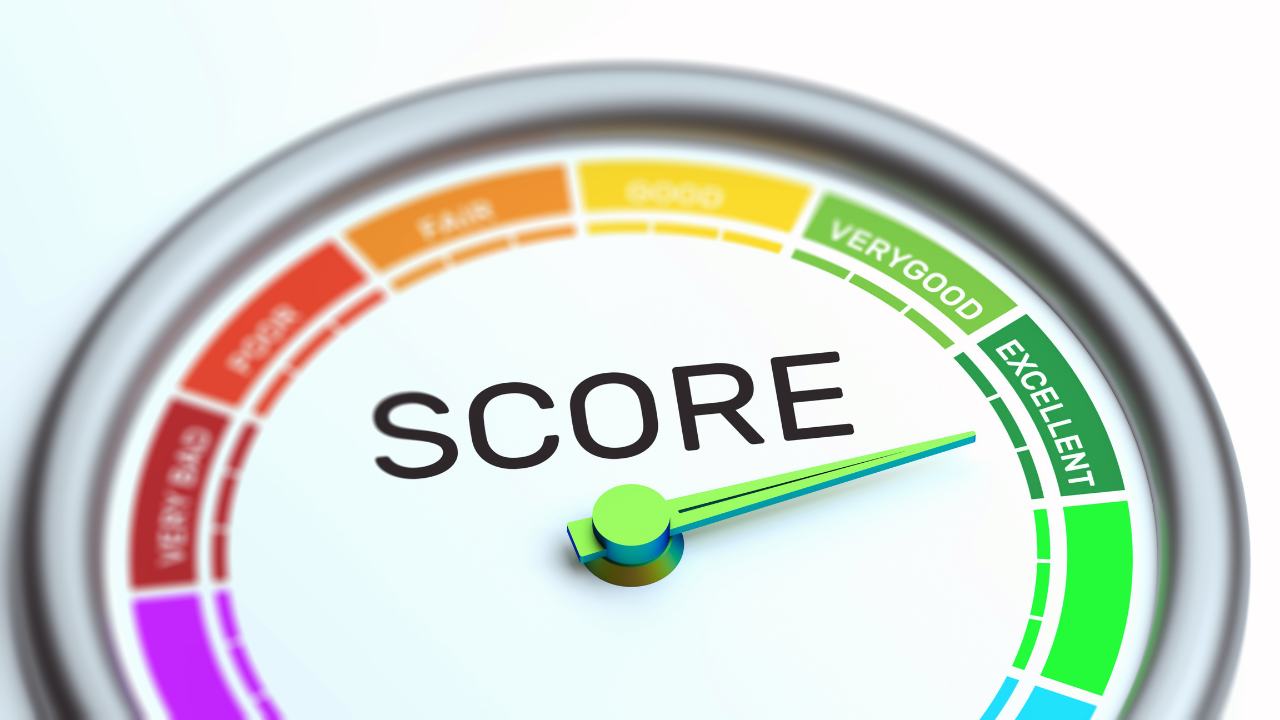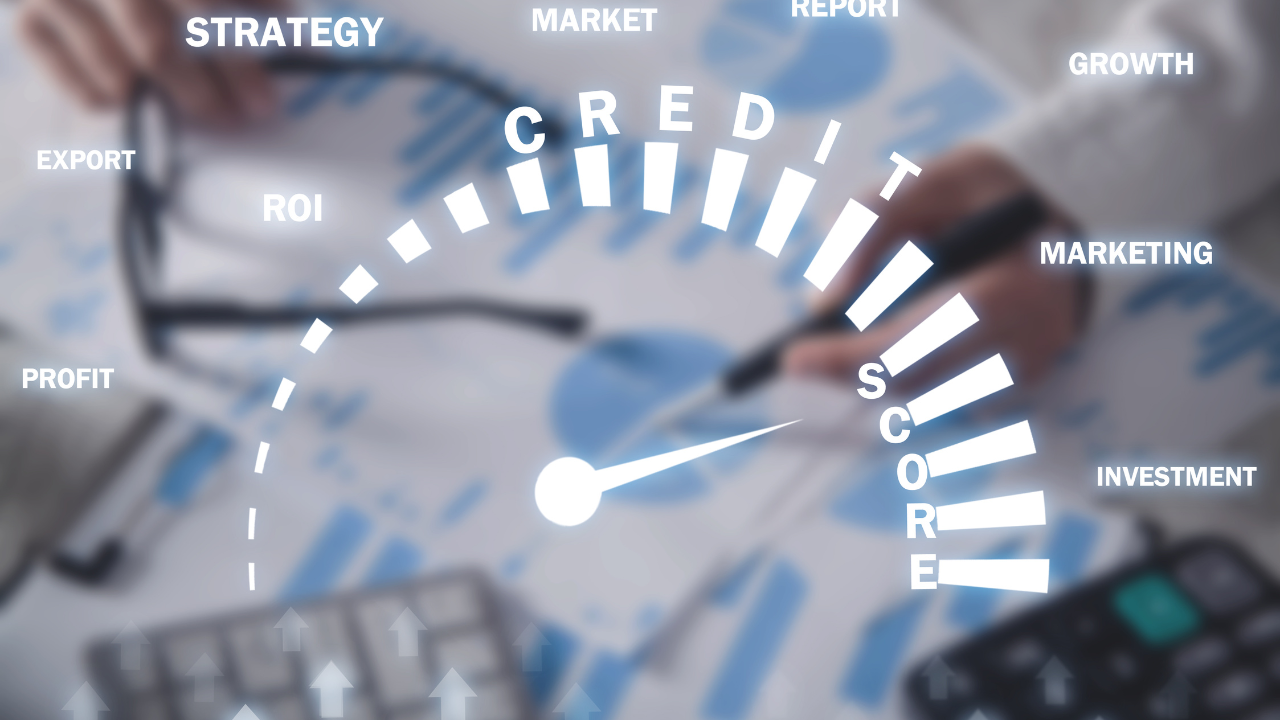choose the right credit card for your needs
Credit cards can be a great tool for managing your finances, but with so many options available, it can be challenging to choose the right one for your needs. Different credit cards offer various features, rewards, fees, and interest rates. Here are some essential factors to consider when choosing a credit card:

Purpose of the Card
Before you start researching credit cards, consider why you need one. Do you want to build credit, earn rewards, finance a large purchase, or transfer a balance from a high-interest credit card? Knowing the purpose of the card will help you identify which features and benefits are most important to you.
Rewards and Benefits
Many credit cards offer rewards programs, such as cashback, points, or miles for every purchase you make. Some cards offer extra rewards in specific categories, like gas stations, restaurants, or travel. Other cards offer benefits like travel insurance, purchase protection, extended warranty, or discounts on travel, dining, or shopping. Consider which rewards and benefits you value the most and how you plan to use them.
Annual Fees
Some credit cards charge an annual fee, typically ranging from $0 to $500 or more. Cards with higher annual fees often offer more rewards and benefits, but only make sense if you can use them enough to offset the fee. Consider whether you’re willing to pay an annual fee for the card’s perks, or whether you’d rather choose a no-annual-fee card.
Interest Rates
If you plan to carry a balance on your credit card, the interest rate matters. Credit card interest rates vary widely, ranging from 0% promotional rates to over 25% APR. The lower the interest rate, the less you’ll pay in interest charges. However, if you pay your balance in full every month, the interest rate won’t matter much.
Credit Limit
The credit limit is the maximum amount of money you can charge to your credit card. Credit limits vary based on the card and your creditworthiness. Consider your spending habits and needs when choosing a card with an appropriate credit limit. If you need a higher limit, some cards allow you to request a credit limit increase after a certain period.
Fees and Penalties
Credit cards may charge various fees and penalties that can add up quickly. Some common fees include late payment fees, balance transfer fees, cash advance fees, foreign transaction fees, and over-limit fees. Some cards may also penalize you for late payments or going over your credit limit. Look for a card with reasonable fees and penalties, and be aware of any fine print that could cost you extra.
Credit Card Company
Consider the reputation and customer service of the credit card company. Look for a company with a track record of reliability, security, and customer support. Check reviews and ratings from other customers to get an idea of the company’s strengths and weaknesses.
Conclusion
Choosing the right credit card can be overwhelming, but taking the time to research your options can pay off in the long run. Consider your purpose for the card, the rewards and benefits, the annual fees, the interest rates, the credit limit, the fees and penalties, and the credit card company. Once you’ve found a card that meets your needs, use it responsibly to build credit and achieve your financial goals.

